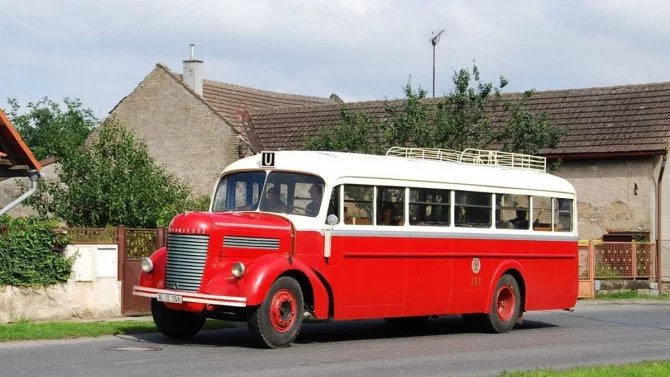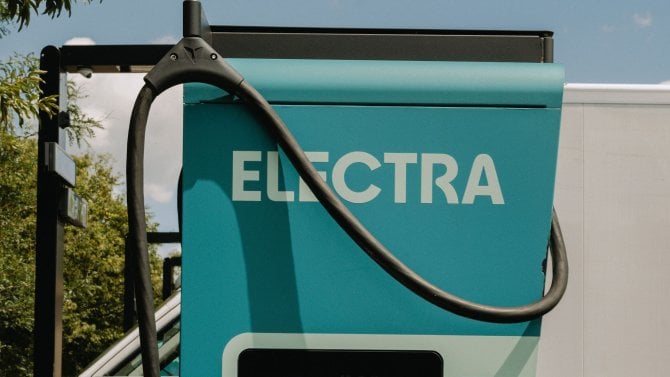...
Slovak annual EU-harmonised inflation remained steady in December, data released on Wednesday showed, leaving the central bank (NBS) room to hold off on changing policy as it waits for further data.
Data from the Statistics Office data showed year-on-year inflation held steady from November to December at 3.7 percent, while monthly prices rose 0.1 percent last month. The December figures matched market forecasts.
"This is not new information that will affect monetary policy settings and the crown market," said Marek Gabris, analyst at CSOB bank in Bratislava.
Inflation calculated under the local methodology was flat on the month in December and stood at 4.2 percent on the year. The NBS follows EU-norm data as a part of Slovakia's plan to adopt the euro in 2009.
EU-harmonised inflation eased to a one-year low of 3.1 percent in October, but prices edged up again in November due to higher natural gas and food prices.
The central bank has kept the key repo rate at 4.75 percent for the past three months, allowing the crown's record-breaking rise to tighten monetary conditions instead.
The crown, which hit a one-month low of 35.080 per euro on Wednesday , has lost 2.9 percent against the euro since touching a record high of 34.050 on Dec. 28, undermined by the NBS' actions and weak foreign trade data.
But analysts said monetary conditions were still tight despite the crown's retreat, giving the NBS time to wait to see if new data confirms easing inflationary pressures in the booming economy.
"The central bank will wait (at its Jan. 30 meeting) to see whether inflation is really falling," said Miroslav Plojhar, analyst at Citibank in Prague. "January inflation will show whether they have room to cut rates sooner or later."
"The bank also has to see that the structure of economic growth is changing as expected from consumption driven to more balanced one. But so far trade balance figures were a disappointment," he said.
The NBS increased lending costs by 175 basis points last year to rein in inflationary pressures in the Slovak economy, which rose by a record 9.8 percent in the third quarter.
Inflation is a key obstacle for Slovakia's euro adoption plan, but NBS board member Karol Mrva said in Vienna on Wednesday he expects the EU member to meet the entry criteria by the end of 2007.
The central bank predicts inflation will fall to 2.6 percent at end-2007, while expecting average price growth at 2.5 percent in spring 2008, when Slovakia will be assessed for euro entry. The NBS will release new predictions on Jan. 30. (Additional reporting by Martin Santa)
((Editing by Cheryl Juckes, Reuters Messaging: martin.dokoupil.reuters.com@reuters.net; +421 2 5341 8402))
Keywords: SLOVAKIA ECONOMY/HCPI
[BRATISLAVA/Reuters/Finance.cz]




 S některými ojetinami je tolik problémů, že je evropská platforma odmítá prodávat. Na seznamu jsou i slavná jména
S některými ojetinami je tolik problémů, že je evropská platforma odmítá prodávat. Na seznamu jsou i slavná jména
 Test Renault Austral: Fakt chcete opět škodovku?
Test Renault Austral: Fakt chcete opět škodovku?
 Denně v pohotovosti: 10 nejznámějších poválečných československých autobusů
Denně v pohotovosti: 10 nejznámějších poválečných československých autobusů
 Sen o levném cestování elektromobily se rozplývá. V Evropě je návrh, podle kterého se elektromobilům zdaní každý ujetý kilometr
Sen o levném cestování elektromobily se rozplývá. V Evropě je návrh, podle kterého se elektromobilům zdaní každý ujetý kilometr
 Electra dorazila do Česka a tentokrát to není ta Baťova. Hlavní roli hrají elektromobily
Electra dorazila do Česka a tentokrát to není ta Baťova. Hlavní roli hrají elektromobily
